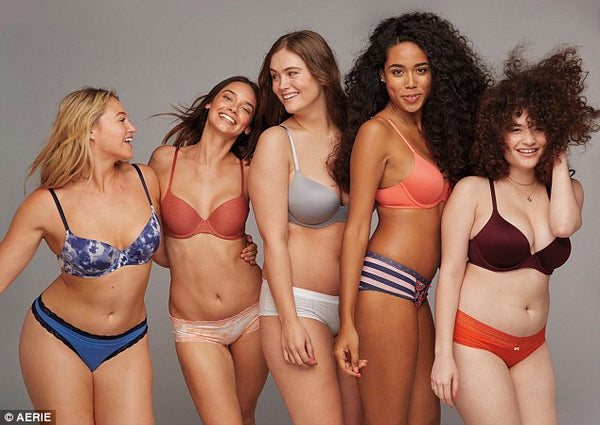Real Talk: Learning to Love My Thighs (or At Least Trying to)

In a society that covets the absence of flesh, where a thigh gap is like the holy grail of workout goals, it’s hard to figure out what a healthy body is, and even harder, perhaps, to learn to love yours when its not like theirs. But it’s a lesson I’m trying to learn.
I have a history of ED and drug use, both of which fed the other for years. Pun intended. I’m in recovery now (for many things) and being healthy is wonderful, but sometimes it’s a challenge not to fantasize about the way I used to look, not to miss the unhealthy body I inhabited (although I also know I felt more zombie-like than human).
The truth is, after all that I put my body through, I’m lucky to be alive and in my best moments I’m grateful for the skin I’m in. I work hard to love myself, to love my body in all its realness. I can accept my stretch marks and cellulite, my non-thigh gap and curvy figure. I’ll even wear tight jeans and feel pretty damn good.
Then I look up and I listen and I’m inundated with messages of thinspiration (a terrible word). Advertising is incredibly homogenous that it normalizes the bodies of dangerously skinny models so that everywhere I look, I see women whose bodies are nothing like mine (and never will be), but I compare myself to them and I’m always found wanting.
I recently started kickboxing and it’s helped immensely. That’s because it’s rooted in strength building, inside and out. It’s a supportive community with a focus on getting healthy, not reaching some unattainable look. That said, they do throw around the term “beach body” and it’s hard not to think of a billboard ready body whenever someone says that.
Some companies are trying to combat this trend and show real women with real bodies in their ads. Aerie (image featured above) has made great headway in this department. ASOS received some good press recently for choosing not to photoshop out the stretch marks on their models.
And these things matter because they project a healthy body image, bodies that are real and relatable and in that way these ads become aspirational. We’re not killing ourselves working toward an unrealistic, dangerous socially sponsored “ideal”. And that’s progress worth fighting for. This helps too.
– Jessica
0 comments